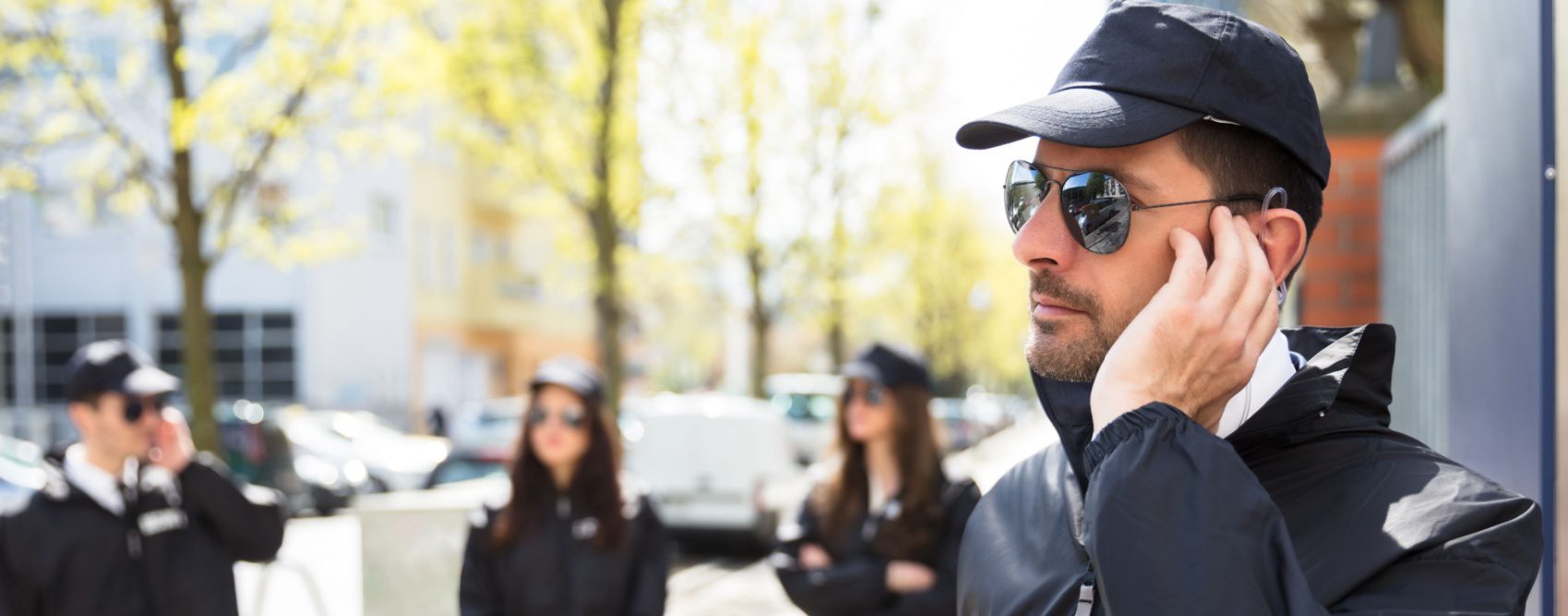The world of security is constantly changing, making personal safety more important than ever. Close protection plays a key role in this, providing a discreet and well-planned solution for people who face higher risks. This specialised service is tailored to meet the needs of various clients, protecting them from many potential dangers.
In this blog series, we will explore close protection in detail. We’ll explain the basic principles, describe the different services offered, and highlight the benefits for clients. Our goal is to give you clear and professional insights, helping you understand this crucial aspect of security.
What is close protection?
Close protection is also known as executive protection. It is a specialised security service that keeps people safe from potential risks. It involves trained professionals, called close protection officers or bodyguards. They ensure the security of their clients. Close protection officers (CPOs) are highly trained specialists who function as an extension of their client’s security.
These professionals are experts in assessing threats, providing first aid, and resolving conflicts. They work discreetly to prevent harm and provide peace of mind, whether during public appearances or travel. Close protection is a personalised security measure that addresses specific risks faced by people.

What do close protection officers do?
Close protection officers (CPOs), also known as bodyguards, are highly trained professionals who ensure the safety and security of their clients. Here’s a look at what they do:
- Threat Assessment: CPOs evaluate potential dangers that their clients might face. This involves identifying risks and planning how to avoid or manage them.
- Personal Security: They provide constant protection, whether their clients are at home, at work, or travelling. This includes guarding against physical threats and preventing unwanted attention.
- Emergency Response: CPOs are trained in first aid and emergency procedures. They are prepared to act quickly and effectively in cases of medical emergencies or security threats.
- Conflict Resolution: These professionals are skilled in handling conflicts. They can de-escalate situations and manage confrontations to keep their clients safe.
- Travel Security: When clients travel, CPOs plan secure routes, check locations in advance, and ensure safe transportation.
- Discreet Protection: CPOs work in the background, protecting without drawing attention. Their goal is to allow their clients to go about their daily lives with minimal disruption.
In summary, close protection officers offer comprehensive and personalised security. It can ensure that their clients remain safe and secure in various situations.
Who needs close protection?
Close protection services are vital for people who face higher risks due to their public profile, wealth, or job. Here are some groups that typically need close protection:
- Celebrities: Actors, musicians, and other public figures often need protection from fans and potential threats. Their fame makes them targets for unwanted attention and harm.
- Business Executives: High-ranking corporate leaders may need protection because of their wealth, influence, or involvement in sensitive business deals. They could face threats from disgruntled employees, competitors, or criminals seeking ransom.
- Politicians: Government officials and political candidates are at risk from those who oppose their policies or want to cause harm. Protecting them is crucial for public order and confidence in the political system.
- High-Net-Worth People: Wealthy people and their families might need security to guard against kidnapping, robbery, or other crimes. Their financial status makes them attractive targets for criminals.
- Journalists: Reporters, especially those covering conflict zones or controversial topics, often face significant threats. Protection is vital for them to do their work without fear of violence or intimidation.
- Activists: People advocating for social, political, or environmental causes may attract hostility and need protection. Their high-profile activities can make them targets for attacks.
- Witnesses: People involved in high-profile legal cases or witnesses to significant events may need protection to ensure their safety. Protecting them is crucial for the integrity of the legal process and their personal safety.
In summary, close protection is important for anyone who faces higher risks due to their visibility, wealth, or professional activities. This service ensures they can live their lives safely and with peace of mind.
Close protection training and qualifications
Close protection officers (CPOs) need special training and qualifications to do their job effectively. Here’s a simple overview of what they need:
Basic Requirements:
- Most CPOs must be at least 18 years old and have no criminal record.
- Good health and fitness are essential since the job can be physically demanding.
Training Programmes:
- CPOs attend certified training courses at accredited institutions. These courses cover personal security, threat assessment, defensive driving, first aid, and conflict resolution.
- They learn how to assess threats, handle emergencies, and use security equipment.
Specialised Training:
- Some CPOs receive additional training in areas like counter-surveillance and tactical firearms use.
- Practical exercises and real-world scenarios help them practice and improve their skills.
Certification and Licensing:
- In many countries, CPOs must get a security license to work legally. This usually means passing background checks and completing required training hours.
- Many CPOs continue learning to stay updated with the latest security techniques and technologies.
Experience:
- Practical experience is crucial. New CPOs often start by working with experienced officers to gain hands-on experience.
In short, becoming a close protection officer requires training, certification, and practical experience. These qualifications ensure that CPOs can provide high-level security and protection to their clients.




